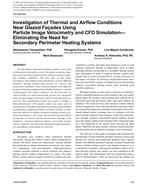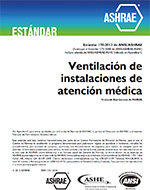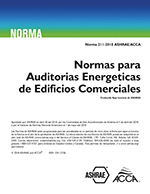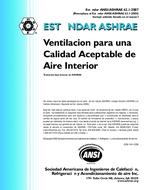Description
In cold climates, thermal discomfort usually occurs close to fenestration during the winter. Secondary perimeter heating systems are often employed near windows to improve thermal comfort conditions. The first part of this paper investigates and compares the performance of three different perimeter heating systems and presents air velocity and temperature gradients near a glazed façade with different perimeter heating configurations (baseboard heaters, radiant ceiling panels, and heated windows). For the first time, air velocity fields on a full-scale façade section were measured with a particle image velocimetry (PIV) system mounted on a traverse. The experimental results were used to validate a three-dimensional CFD model, which was later used in conjunction with further experiments to explore the possibility of employing a high-performance envelope in order to eliminate the need for secondary perimeter heating systems (e.g., baseboard heaters). The results showed that the main HVAC system may be used to provide all necessary heating in the perimeter—and ensure thermal comfort—even under extreme winter conditions, provided that appropriate glazing properties and diffuser positioning are selected.
Units: SI
Citation: ASHRAE Transactions, vol. 115, pt. 1, Chicago 2009
Product Details
- Published:
- 2009
- Number of Pages:
- 15
- File Size:
- 1 file , 5.1 MB
- Product Code(s):
- D-CH-09-054




